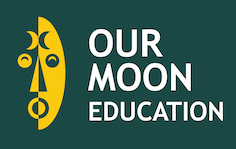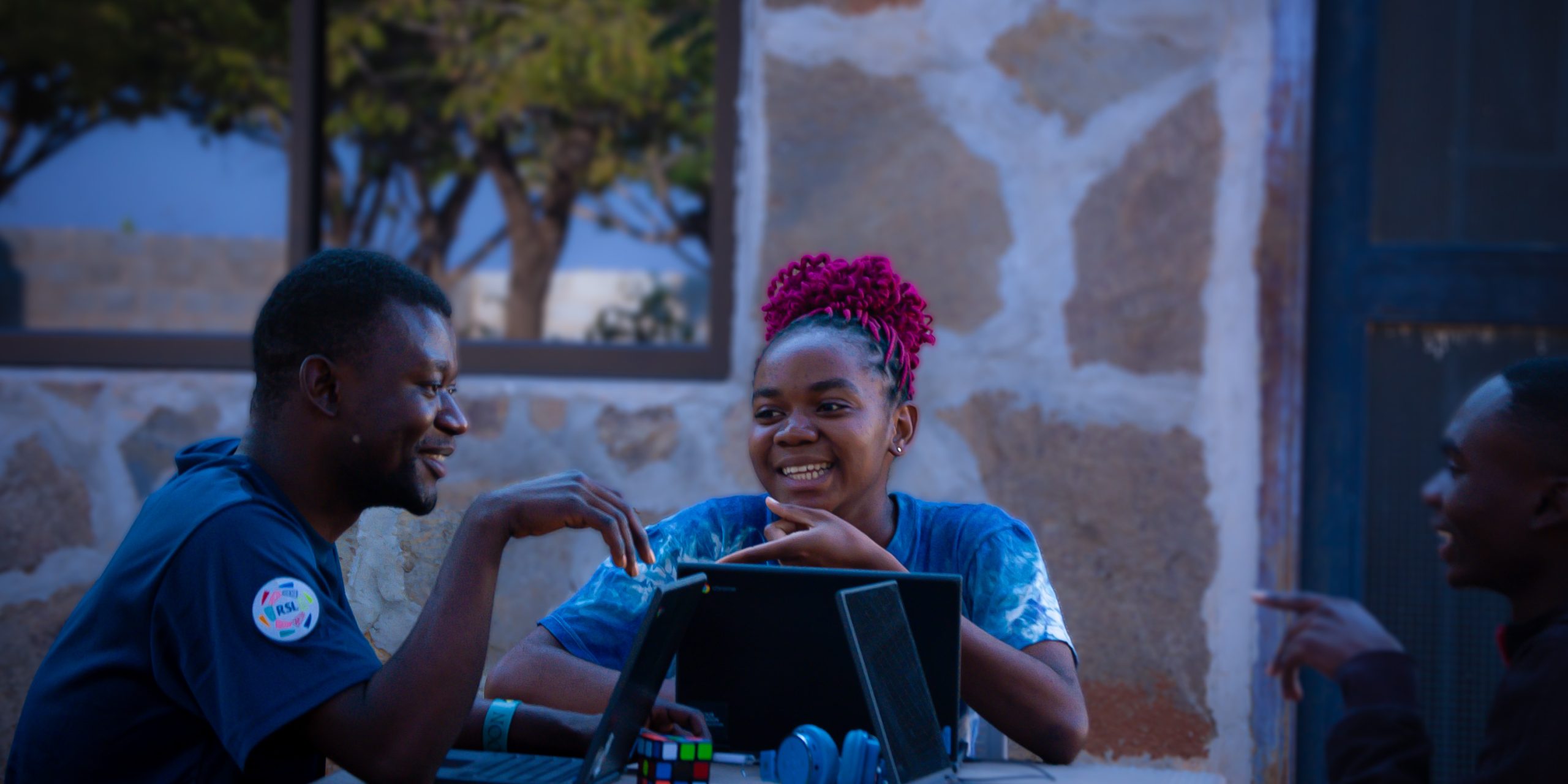The third blog in our series about our visit to Zambia concludes with our Lusaka student and teacher conferences, as well as trips to both Copperbelt University (CBU) and University of Zambia (UNZA).
Florence Nkowane from Kucetekela Foundation very kindly invited on our behalf a group of 11 teachers from five schools to a conference that we held in Lusaka. Her Bishop at the Church of the Latter Day Saints made available to us their conference facilities. A teacher and guidance counselor from each of the schools attended. While we talked about the opportunities for their students to apply to universities abroad and the importance to them of studying for A levels to give themselves the best possible chance, the most exciting thing about the conference was the way that the group shared their ideas, the challenges they face and their successes. We hope that this group will continue to meet and that we are able to hold a similar conference again next year, increasing the number of schools represented.
The following day, selected students from the same schools attended a conference to learn about the importance of A Levels, of how to apply to university abroad and some tips about how to write application essays. They were a lively group; we were very impressed with their contributions. One of the boys, Richard, commented, “the conference has helped boost my confidence; I didn’t think I could talk in public, but today I managed to”. It was a day where students were encouraged to participate, ask questions as well as to learn from our group of presenters.
Our visit to UNZA was an eye-opener. It is one of the elite universities in Zambia. It recruits the top Zambian brains, and students are proud to be. There is a good selection of relevant courses and many UNZA students go on to important roles in government and the civil service as well as in teaching, medicine and engineering. It isn’t without its challenges, however, both in terms of its resources and equipment, and its accommodation facilities. In addition, availability of bursaries for the poorest students is not available and enough to meet need. Sadly, this means that many students drop out after their first year when they realise they can’t afford to pay to take their exams.
CBU is a similar institution, again recruiting elite academic students. There, instead of being shown around by students, we were introduced to the university by the Deputy Vice Chancellor and the Admissions Officer. CBU has a focussed range of courses, very relevant to Zambia’s needs. It has a reputation for a variety of engineering disciplines, including mining. It, too, suffers from the same lack of investment in facilities and equipment.
Our Moon’s Lydia has an uncle who is a vicar in the UK, and he had taken a group of his parishioners to Ndola, where his church is twinned with a local church. Lydia and I stayed with them over the weekend and were invited to attend a Sunday service. The vibrant colours of the ladies’ and men’s chitenge outfits, their beautiful voices, the dancing in the aisles and the wonderful welcome we received all made for a very uplifting service.
A former student of mine, Alfred, lives in a nearby town. He came to visit me and saved my life from this uninvited guest:
Our trip concluded with a return to Lusaka and meetings with, among others, Ikayi Mushinge at the Ministry of Foreign Affairs. Ikayi fully supports the work of Our Moon and is keen to help us develop our links within Zambia. Another trip beckons…







